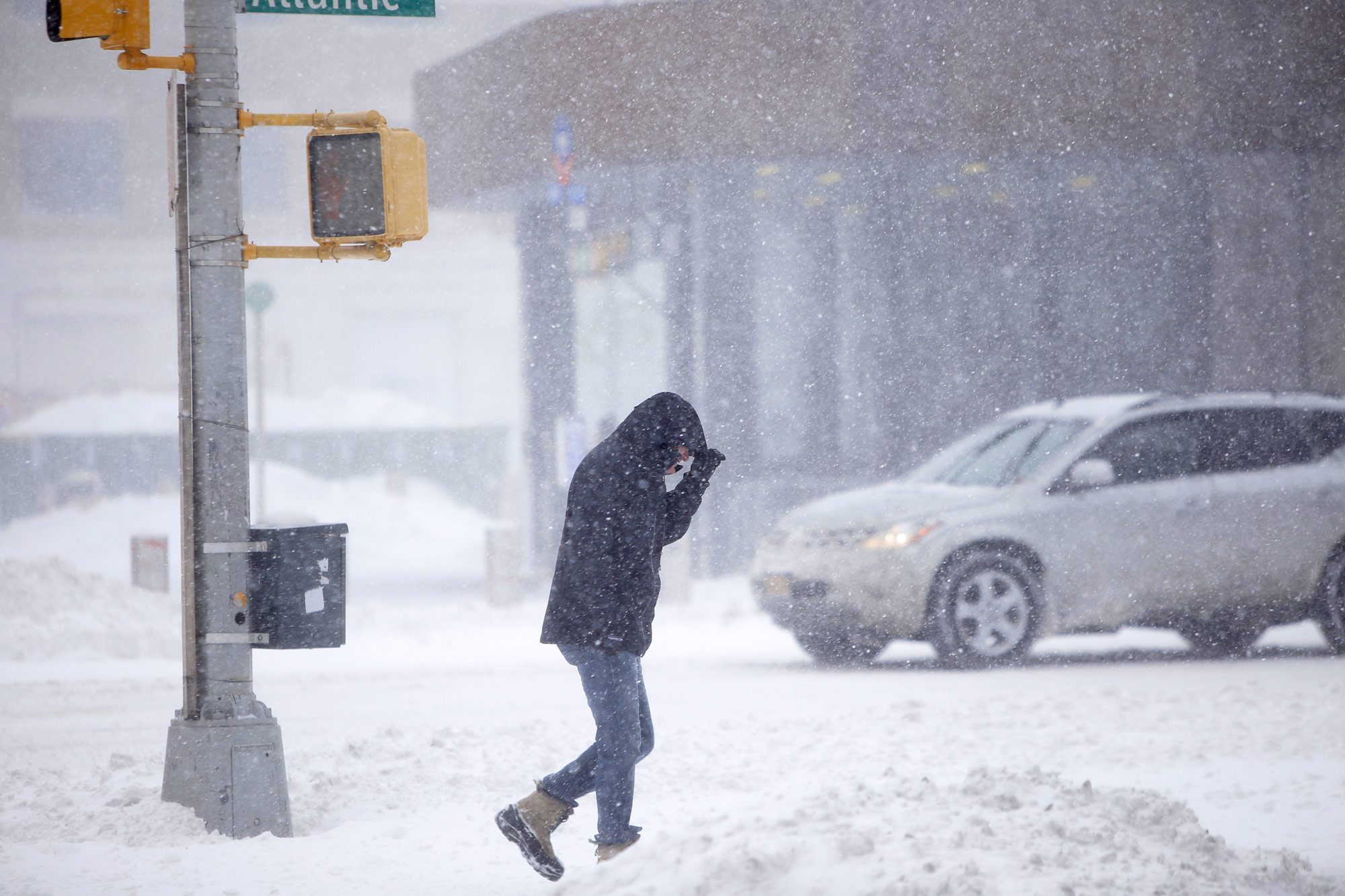
Effective inclement weather policies: tips and considerations
Develop a policy that protects your people and keeps your business running smoothly
Your organization will want to establish procedures for instances when unusual conditions, such as extreme weather, power outages, and equipment failures, make it impractical to operate the facility and, possibly, endanger the health and well-being of your employees.
Essentially, your type of business will govern the general policy you have for closing during bad weather. For example, if you are a healthcare provider, such as a hospital or nursing home, you will be open during inclement weather and other emergencies. On the other hand, if you are a retail outlet, you will probably not want to be open because you will not have many customers.
Tips to consider
- Persons authorized to close your facility. Identify those individuals who have the authority to make the decision to close your facility. Depending on the size of your organization, you may need to authorize more than one person to make this decision.
- Responsibilities. Identify who will make decisions regarding reopening, relocating, using a remote facility, human resources decisions, media contacts, and the like.
- Identify priority jobs. You may need only certain employees to come in during bad weather. For example, you may need maintenance workers or the facilities manager on-site during a storm to address weather-related issues, but your business office may not be open.
- Notification. State the method that will be used to notify employees. You may require them to call a supervisor, check the company website, listen for an announcement over a particular radio or television station, or follow the guide used for school closings or government office closings.
- Leaving early. Bad weather may cause you to not open your business, or it may cause you to close early. Address both topics.
- Telecommuting. You may want to coordinate your telecommuting policy with your inclement weather policy.
- Safety. Stress in your policy that employees are not to endanger themselves in order to get to work. If you do not make a strong statement in this regard, you may open your company to a lawsuit if an employee is injured on the way to work in bad weather. You may also need to cancel outdoor work. At times, the safest place to be may be in your building, such as during a tornado. You should have in place a plan of identifying exactly where in the building employees of every department should go in such events.
- Equipment. Include instructions for equipment. For example, vehicles may need to be moved to shelter, computers may need to be turned off, or gas lines may need to be shut off. Your policy should detail who has the responsibility for such tasks.
- Information and recordkeeping. Coordinate your inclement weather policy with your information and recordkeeping policy. For example, computer backups for the closed facility should be accessible from a remote facility that remains open.
Legal points to address
- Workers’ compensation. Address the issue of whether you will pay employees only for actual hours worked or for an entire day. As a compromise, you may want to pay employees for a full day if they make the effort to arrive, and do arrive, before a stated time. Please keep in mind that state law may require you to pay employees who are scheduled for work and who do arrive at your place of business even though you are closed. Normally, if you are able to notify employees ahead of time not to appear at work, you can avoid this liability.
- Occupational Safety and Health Act. The Occupational Safety and Health Administration (OSHA) requires you to provide a safe workplace. You may need to cancel work when inclement weather poses a safety hazard to workers.
- Payment of wages. Address the issue of whether you will pay employees only for actual hours worked or for an entire day. As a compromise, you may want to pay employees for a full day if they make the effort to arrive, and do arrive, before a stated time. Please keep in mind that state law may require you to pay employees who are scheduled for work and who do arrive at your place of business even though you are closed. Normally, if you notify employees ahead of time not to appear at work, you can avoid this liability.
- Nonexempt employees. Under the federal Fair Labor Standards Act (FLSA), employers are not required to credit any hours worked by nonexempt, hourly employees who report for work and then are told that there is no work for them. Neither are they required to keep employees working for any specific number of hours or to pay them for hours they were assigned to work, but didn’t. Even so, most employers pay for time not worked when an emergency forces an early closing. However, if the plant is being kept open and employees are merely permitted to leave early at their option, hourly workers are usually not paid for the time off.
State law may require you to pay employees for a certain number of hours if they show up for work, even if you do not have work for them. If employees show up and are asked to stay until the situation is assessed, they must be paid even if there is nothing for them to do.
On days that the facility does not open (and especially when notice has been given), the FLSA does not require that hourly employees be paid.
- Exempt employees. Exempt employees must be paid for a day if they work any part of the day. The FLSA requires exempt employees to be paid when they work any portion of a workweek, even if a facility is shut down because of an emergency, including a weather disaster. Unless prohibited by state law, employers may require exempt employees to take vacation or other accrued paid time off when they miss work because a facility is closed.
- Exempt employees performing nonexempt work. The U.S. Department of Labor allows exempt employees to perform nonexempt work during actual emergencies without affecting their exempt status if the situation is out the employer’s control and (1) there is a threat to the safety of employees, customers, or others in the workplace; (2) the emergency would cause a cessation of operations; and (3) the emergency would cause serious damage to the employer’s property.
- Union employees. Union contracts usually require the employer to pay wages to people who show up when the workplace closes without notice.
- Employees on vacation on an early closing day. Federal law permits employers to charge an employee for a full vacation day when it coincides with an unplanned early office closing.



